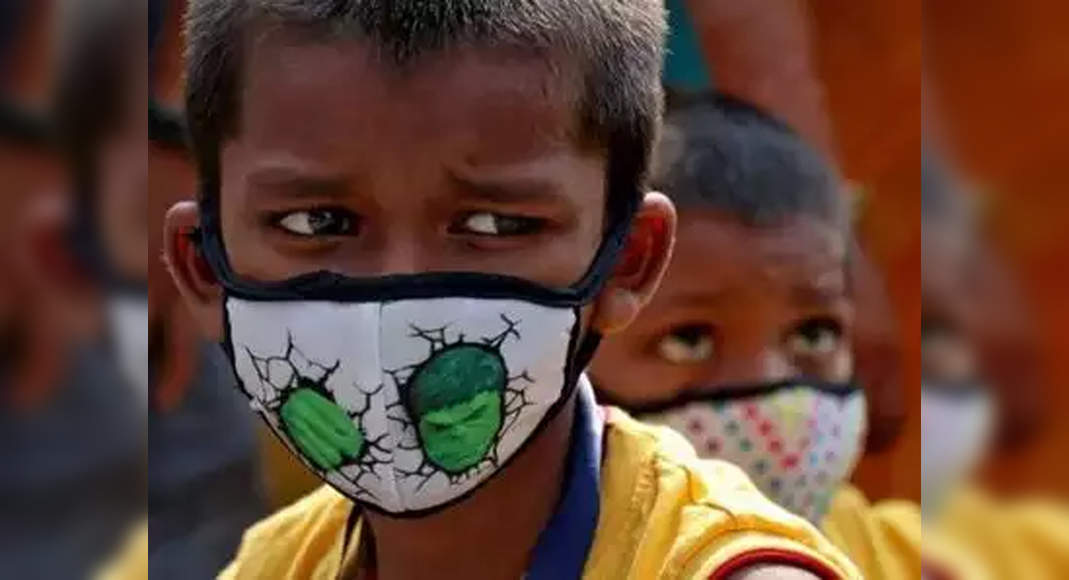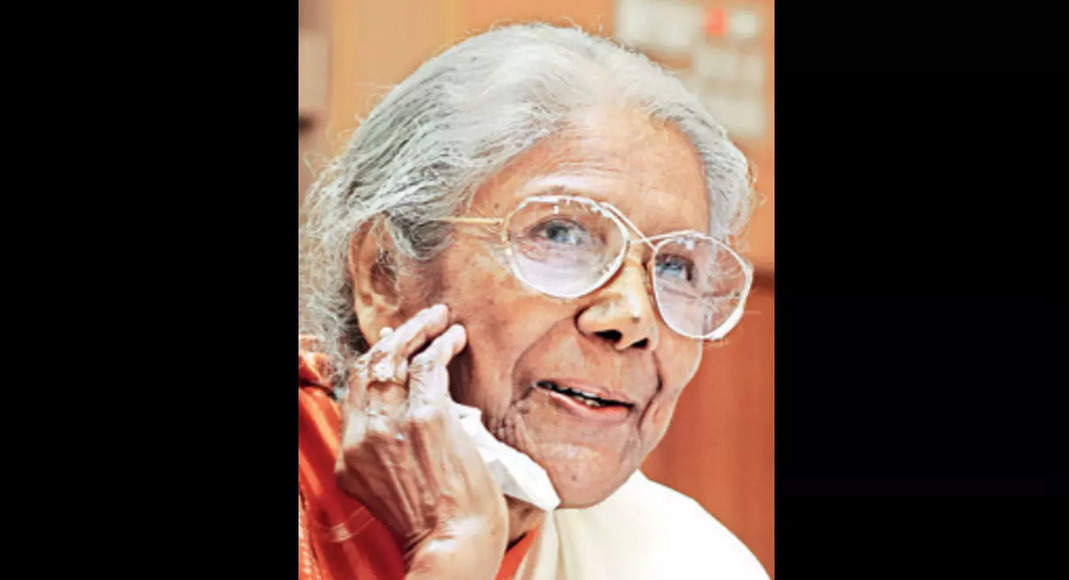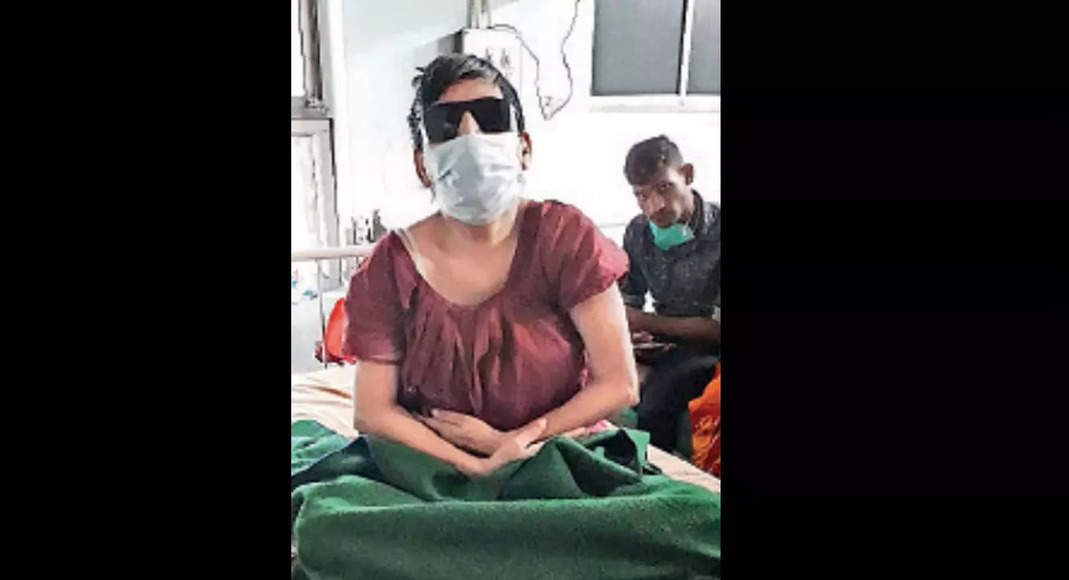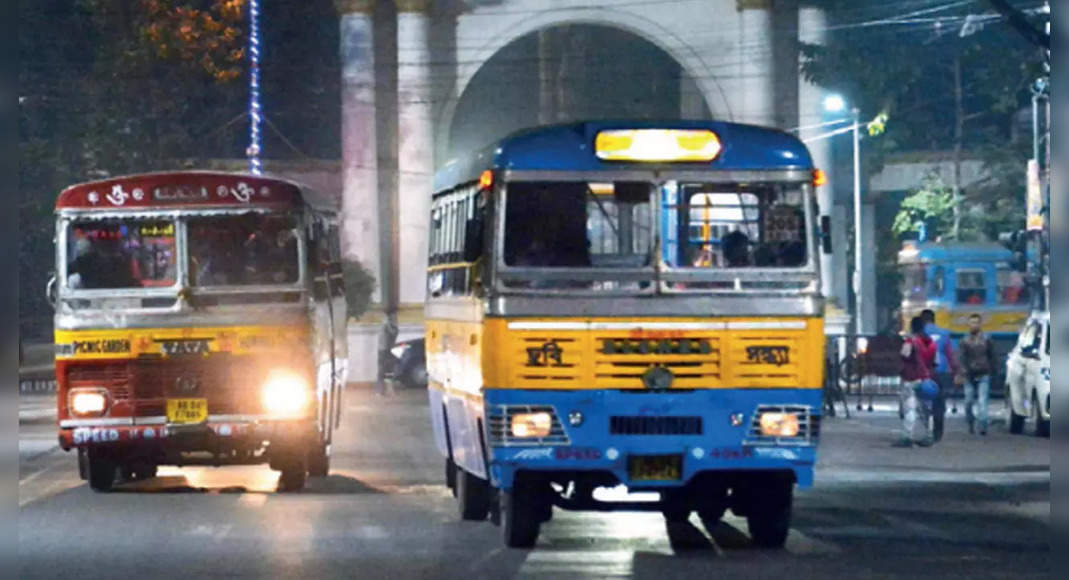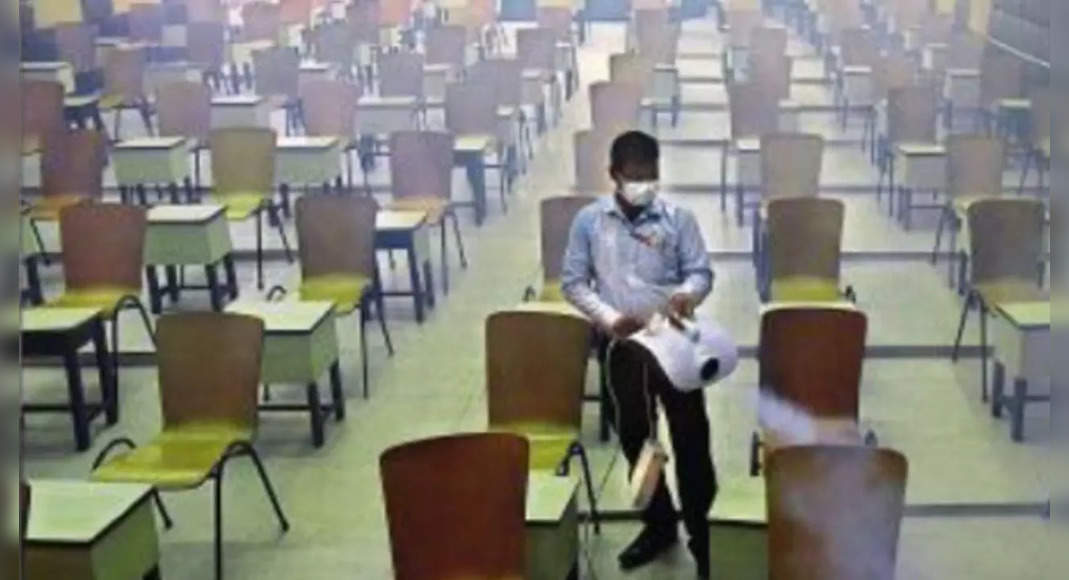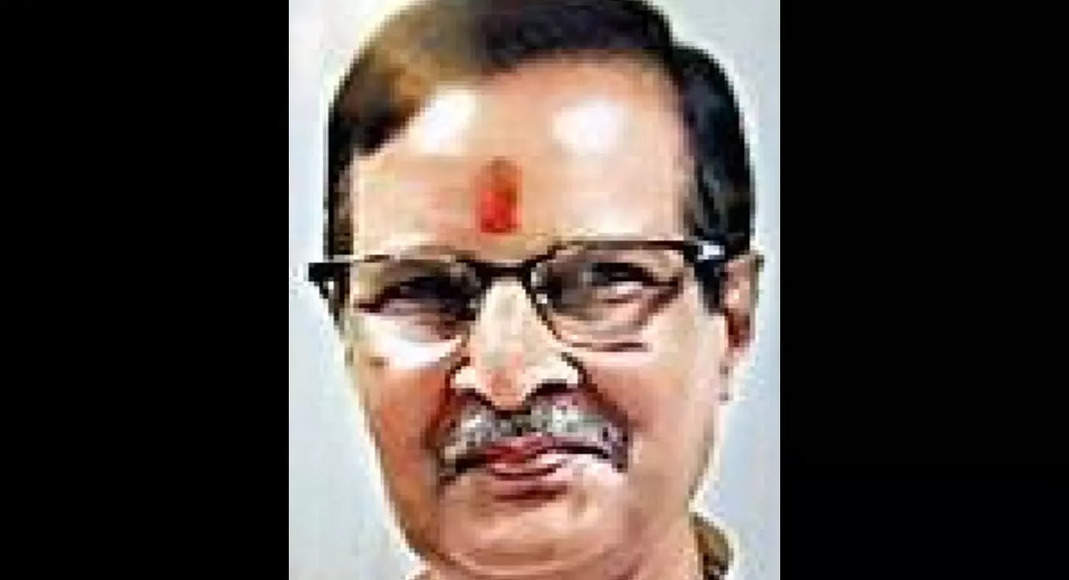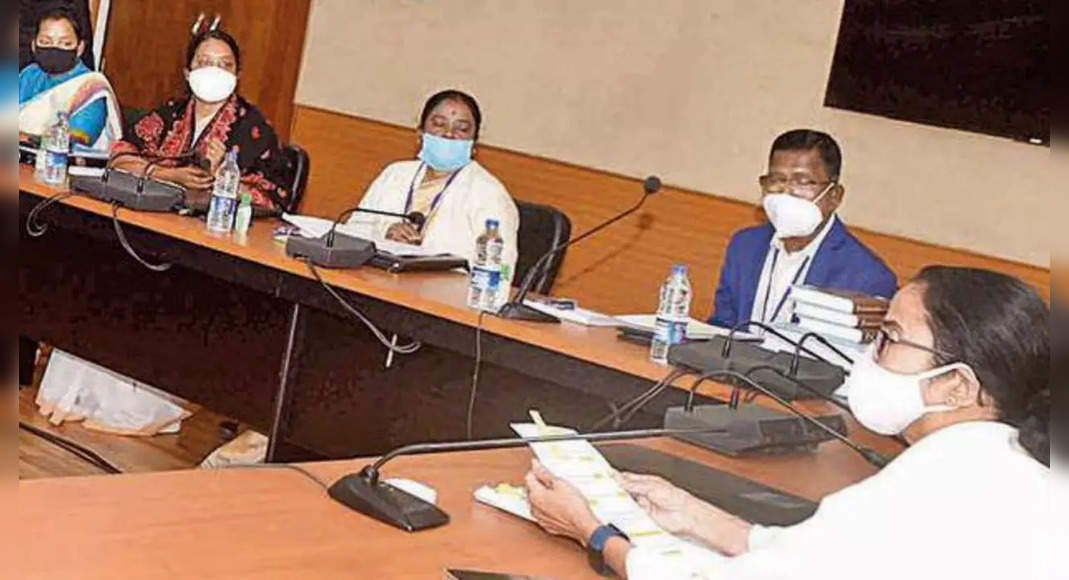KOLKATA: Bengal’s Global Advisory Board (GAB) for Covid-19 response held a meting on Thursday to work out a strategy in case a third wave of the novel coronavirus hits the state.
Hospital preparedness, ramping up paediatric care, speeding up of vaccination and scaling up testing and genomic surveillance of the delta variant were among the topics discussed.
With the number of Covid cases registering a drop ever since restrictions were imposed, hospitals currently have occupancy of less than 50% in corona general wards and 80% in critical care units.
But the board members felt the Covid care beds should still be maintained, to be prepared for a third wave, which is feared to strike India by November or December.
“These beds should remain as a continued preparedness.
Since the paediatric population is feared to be disproportionately infected, we need to ramp up paediatric Covid care facilities.
The state has already started on it while not losing focus on the adult population,” said SSKM hepatology head Abhijit Chowdhury, a member of the GAB.
“By the month-end, the vaccine supply is expected to be more regular and voluminous.
As vaccine hesitancy is no more a problem, we should scale up our vaccination drive further.” Set up by the Mamata Banerjee government during the first wave in April last year, the panel has Nobel laureate Abhijit Vinayak Banerjee on board.
Banerjee, along with Chowdhury, senior physician Sukumar Mukherjee and Bengal’s principal health secretary Narayan Swaroop Nigam attended the meeting.
“No doubt, Covid cases as well as mortality are on the wane after the calibrated lockdown controlled the infection rate.
This may be the descending of the second wave but we have to keep in mind the possibility of a third wave.
We cannot be taking an abrupt decision in converting Covid beds into non-Covid beds right now.
Also, with the supply of vaccines improved, we need to target to inoculate at least about 60% of the population by December,” said Mukherjee.
Bengal recorded 5,274 new Covid cases on Thursday, while death count was 87.
But many on the global advisory board felt the need for testing more.
The state is currently testing between 60,000 and 70,000 people a day.
“There is also the need for better surveillance of the delta variant in Bengal and ramping up of facilities, like testing in rural Bengal,” said Mukherjee.

